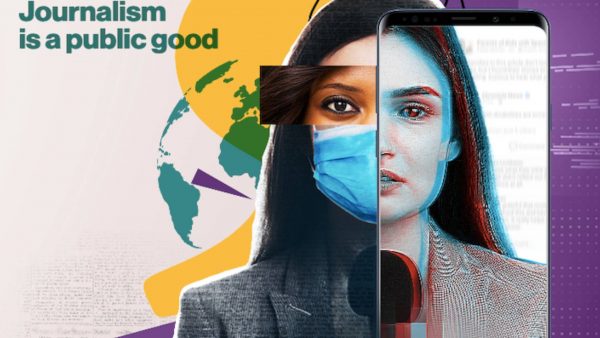Introduction
Given its subjective nature, hate speech has a broader sense both in terms of its concept and consequences. Although the term hate speech is so popular, no single definition is accepted by international consensus, but the term is largely understood to mean speech that attacks or ridicules a group or a person based on characteristics supposedly typical of the group or the person addressed (Benesch, 2011). Congruently, Yong (2011 explains hate speech is an open term utilizes for describing others on the grounds of their identity.
Other scholars also define hate speech as any public expression that promotes or justifies hate for personal and societal identities, such as religion, ethnicity, political view, © 2021 Informa UK Limited, trading as Taylor & Francis Group CONTACT Muluken Asegidew Chekol fulday02@gmail.com INFORMATION, COMMUNICATION & SOCIETY https://doi.org/10.1080/1369118X.2021.1942955 language, culture, geography, gender, disability, and others (Cohen-Amalgor, 2011; McGonagle, 2002). The sphere of social media sites has recently become one of the channels of hate speech everywhere because of its unregulated user-generated content. Unlike mainstream media, social media has not gate-keeping mechanism and editorial rules that filter each contribution before dissemination.
For these and other reasons, studies show that social media serve as a sphere of bullying, bigotry, discrimination, prejudice, and intolerance based on a certain social identity such as ethnicity, religion, nationality, sex, color, and others (Carlson, 2017; Cohen-Amalgor, 2011; McGonagle, 2002). These all substantiate the conception of hate speech as an attack on peoples’ identity. Regarding this, Ethiopia is a country of multi-identities. on top of this, an ethnic cluster of communities in Ethiopia becomes the basis of the country’s federal structure, source of power, and resources since the Ethiopian People Revolutionary Democratic Front (EPRDF) took power in 1991; ethnic politics have been practiced in the country by both the ruling, and most opposing parties; political rhetoric had emphasized peoples’ ethnic differences and divisions (Abbink, 2011). Thus, scholars argue that the prevalence of social media hate speech in Ethiopia, as shown in recent studies (Mulatu, 2019; Téwodros, 2019), is attributed to ethnic politics, and EPRDF government rhetoric. As a result, critics were warning that such ethnic politics could slip into ethnic discrimination and ethnically motivated violence (Pohjonen, Gagliardone, & Patel, 2014). However, the EPRDF government had continued with its ethnic politics for nearly 3 decades until removed from power in 2018 following consecutive violent mass protests.
Click for more: Analysis of hate speech prevalence, severity, and natures

